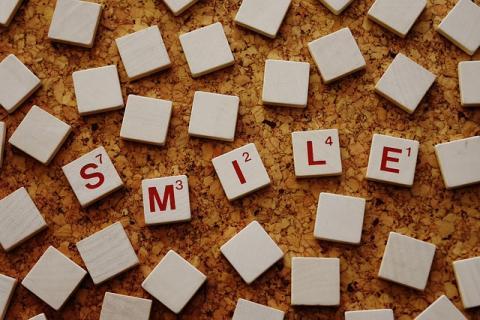
My last year in college I ran to my school’s mental health clinic because I couldn’t contain the anguish. Perhaps it was the fact that there were no jobs available and I was freaking out about my loans, or the fact that I was having a tough time keeping up with my bills even though I seemed to cut every corner and flat-out refused to have any extraneous fun on most days. I did, however, have a history of depression as a child and the school’s counselor gave me some good tips.
The problem is that there are many motivational speakers, books and columns that try to teach us to get rid of negative emotions through positive affirmations. Even well-meaning friends and relatives try to pitch in to our well-being, but sometimes their lack of understanding only makes you feel worse. I’m not saying that positive self-talk isn’t helpful—positivity, mindfulness and optimism have their place, but happiness seems downright unattainable when you are going through a depressive bout. The National Institute of Mental Health states that depression is a “common but serious mood disorder,” and that symptoms must be present for two weeks or longer to be considered clinical depression (as opposed to an ordinary episode of sadness).
If you experience chronic, seasonal or other forms of clinical depression, you can still use positive self-talk and affirmations to help you, but it may have to be in much smaller steps and doses than someone who has never been diagnosed with depression. Check out these mantras for when mantras aren’t working.
The world tells you to love yourself, but love is a strong emotion: it’s a muscle that needs to be used in order to get stronger. On days when you feel you can’t love yourself, try liking yourself, loving one aspect of yourself, or congratulating yourself on something positive you did. Some days the best thing I did was choosing to eat a healthy meal instead of buying junk food, but as I kept going this way I realized that I craved junk food a lot less when I was extremely sad. Eventually I trained myself not to eat harmful things when I was too depressed, and it’s one of the things I’m most proud of accomplishing.
Sometimes not feeling worthless or hopeless will be a struggle. There will be days when you wonder if you’re worthy of the job, dream, or relationship you want. Hanging on to hope is hard when you’ve been emotionally running on empty. So when you feel too worthless or hopeless, remember that life is unfair. Sometimes you won’t get what you believe you want, but that doesn’t mean there aren’t other dreams and goals to chase. Allow yourself to feel the sadness if you must, but remember that tomorrow is another chance to start again.
On days when I don’t know what to do, I try to go for a walk, watch a movie that makes me feel good, and I write down my negative emotions. Even if I’m not ready to confront these problems, writing down the things I can’t talk to others about at least helps me get negative thoughts out of my system. The point is to keep building on these habits until you eventually learn to love yourself enough. Don’t see love as a sudden leap you have to make, but see it as a set of stairs, and climb each next step whenever you’re ready.








